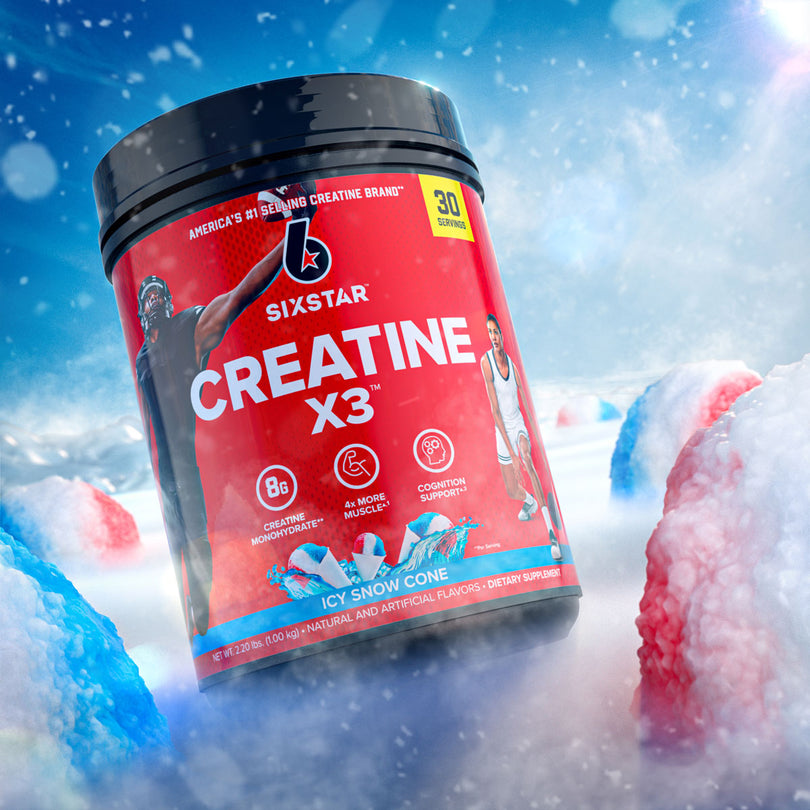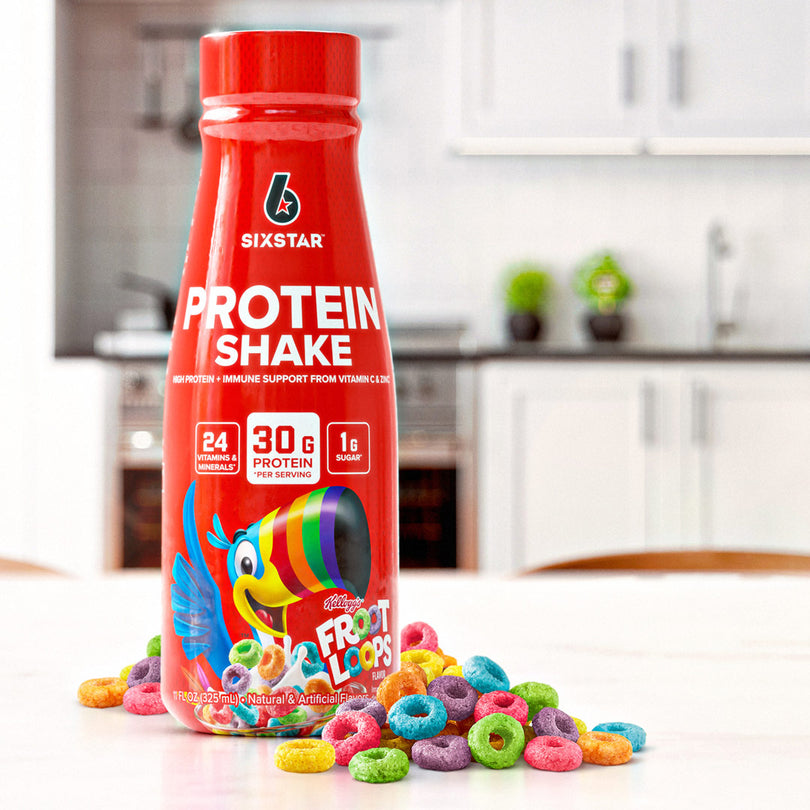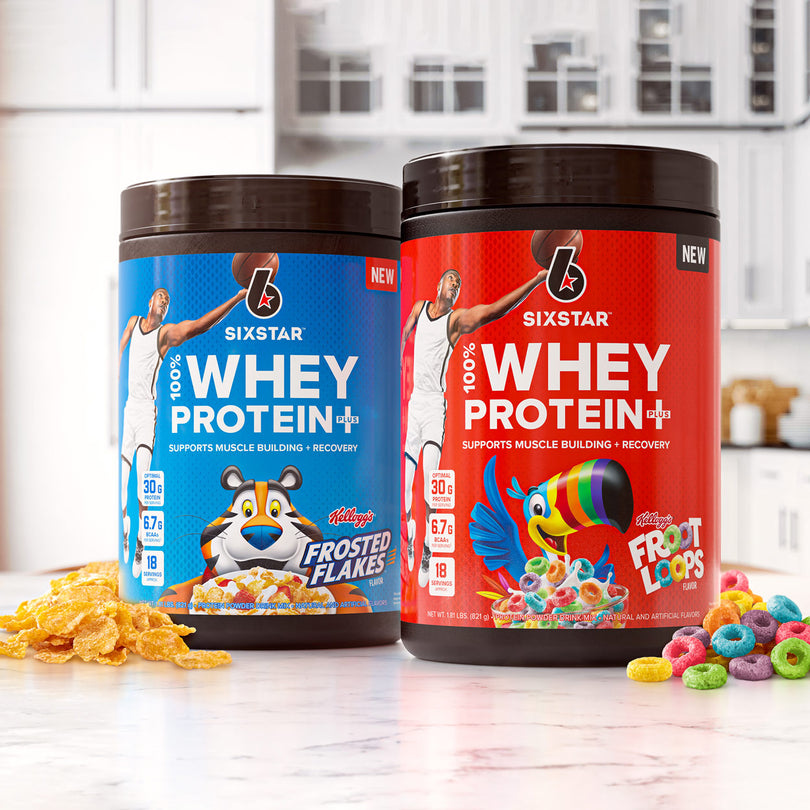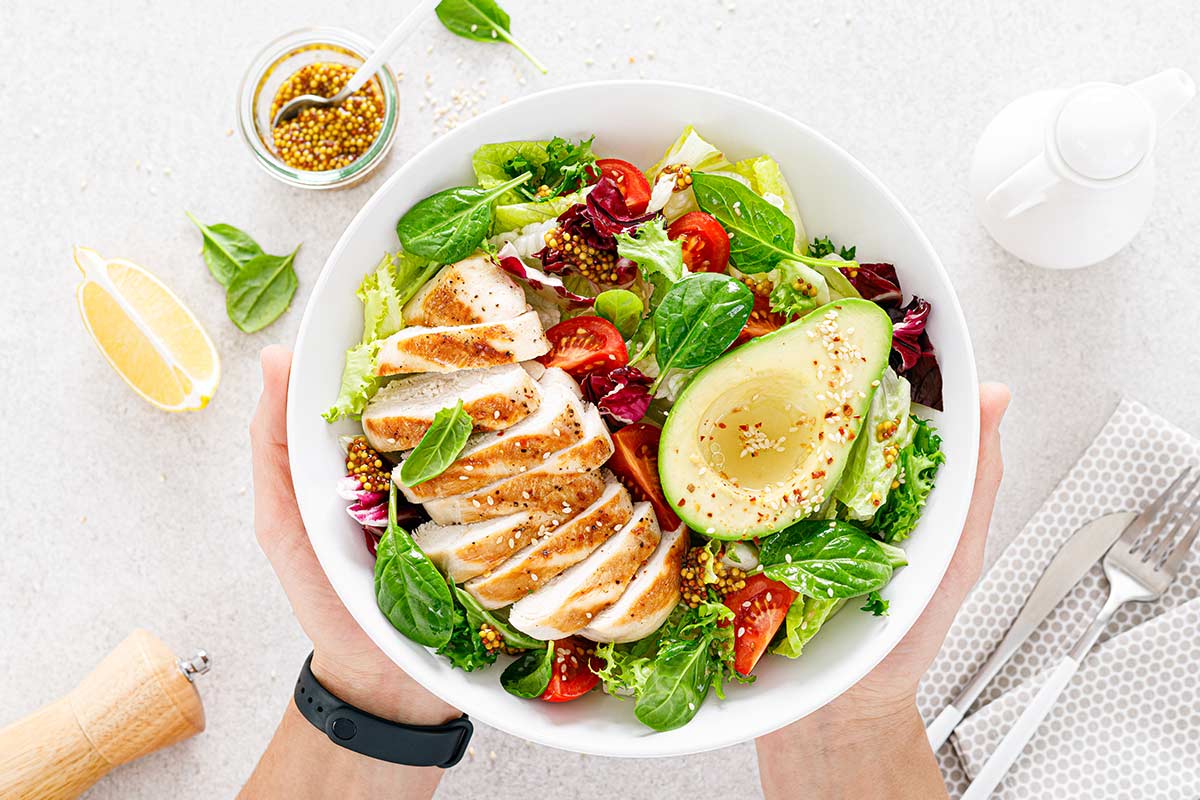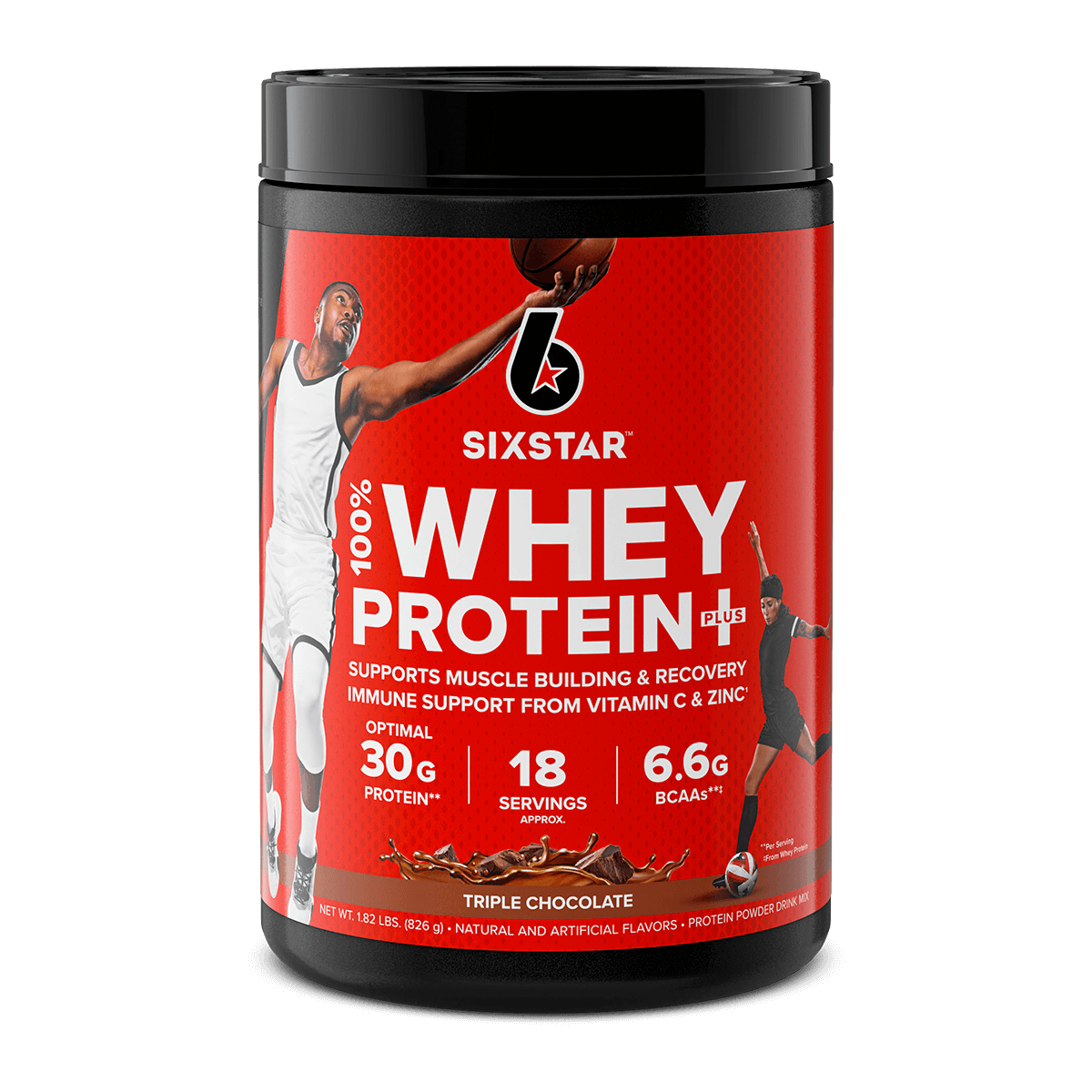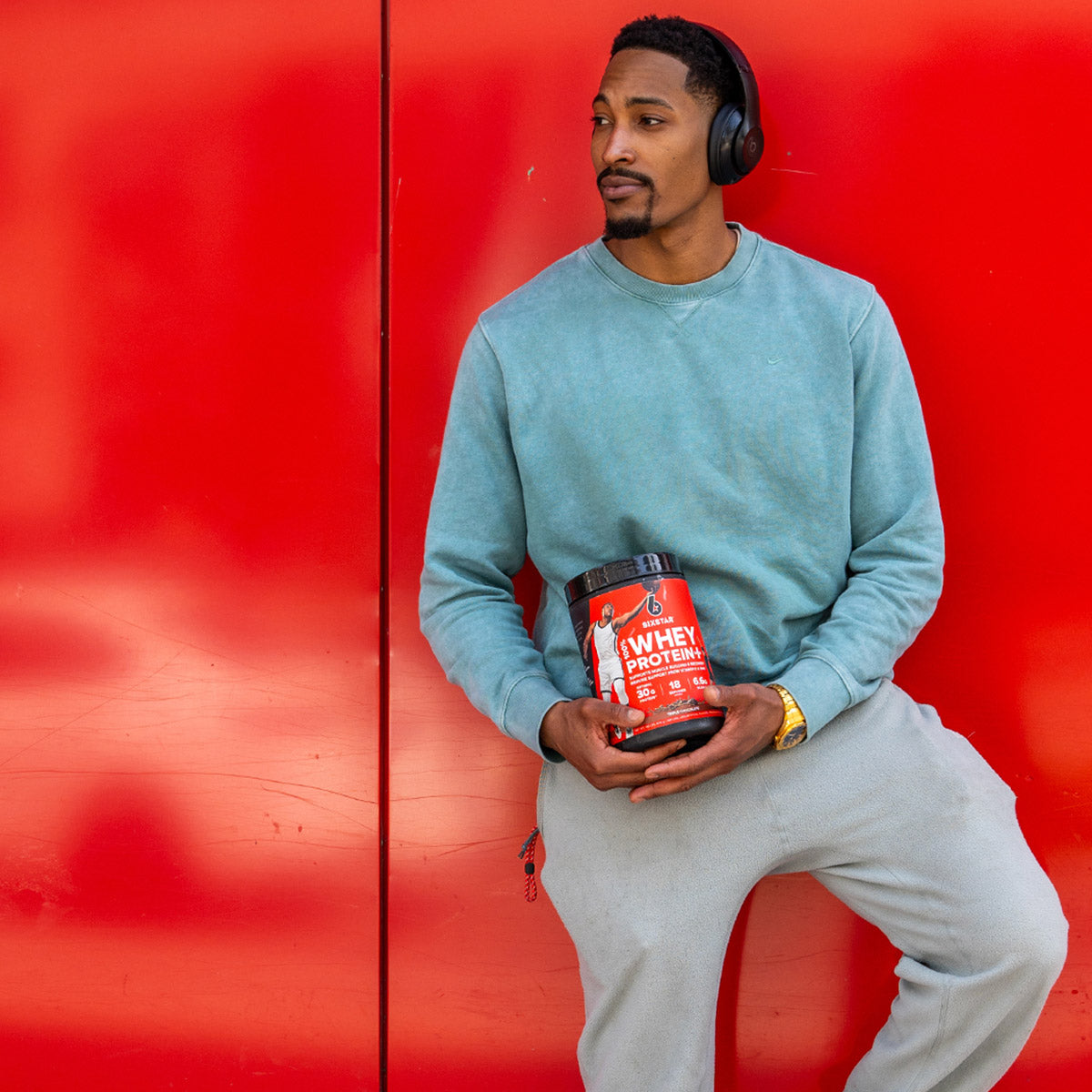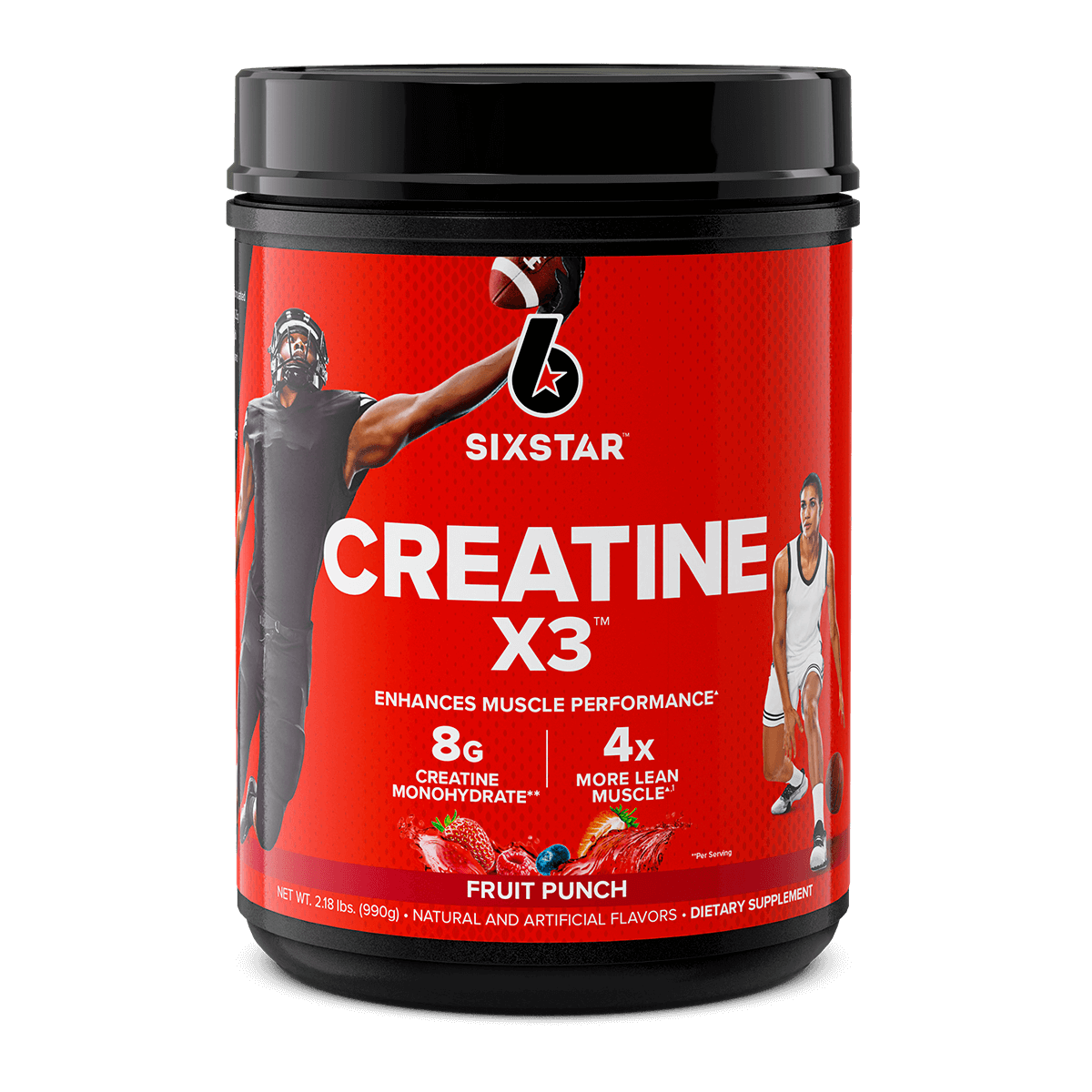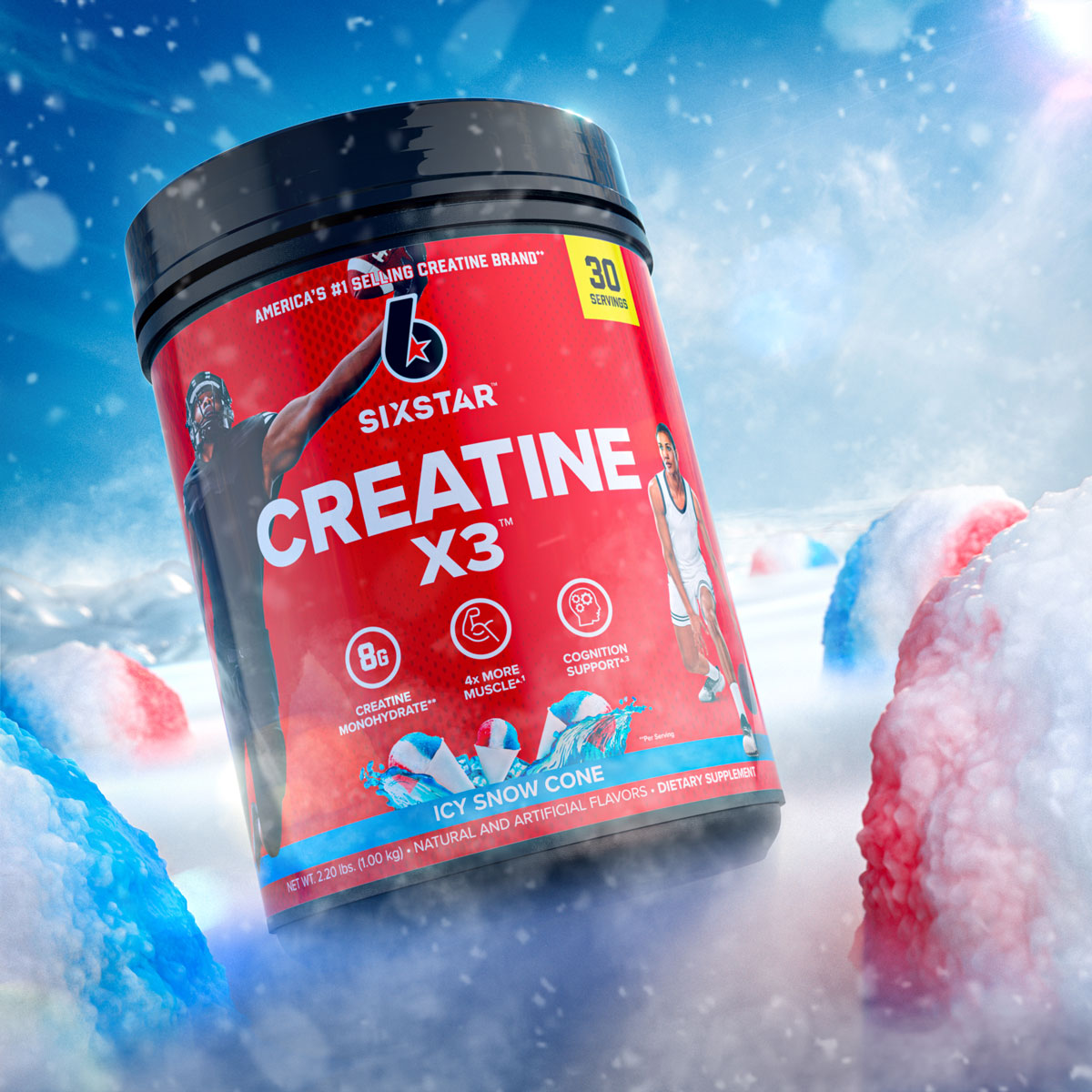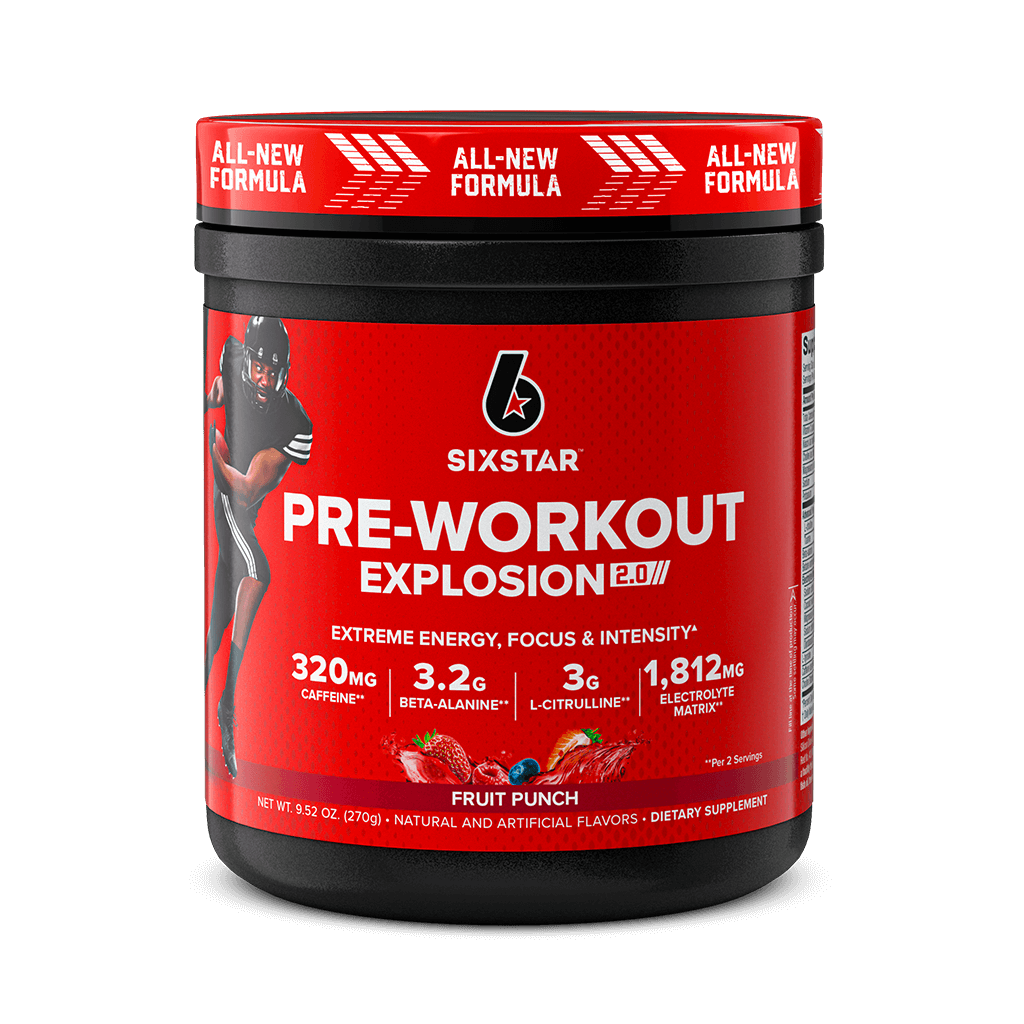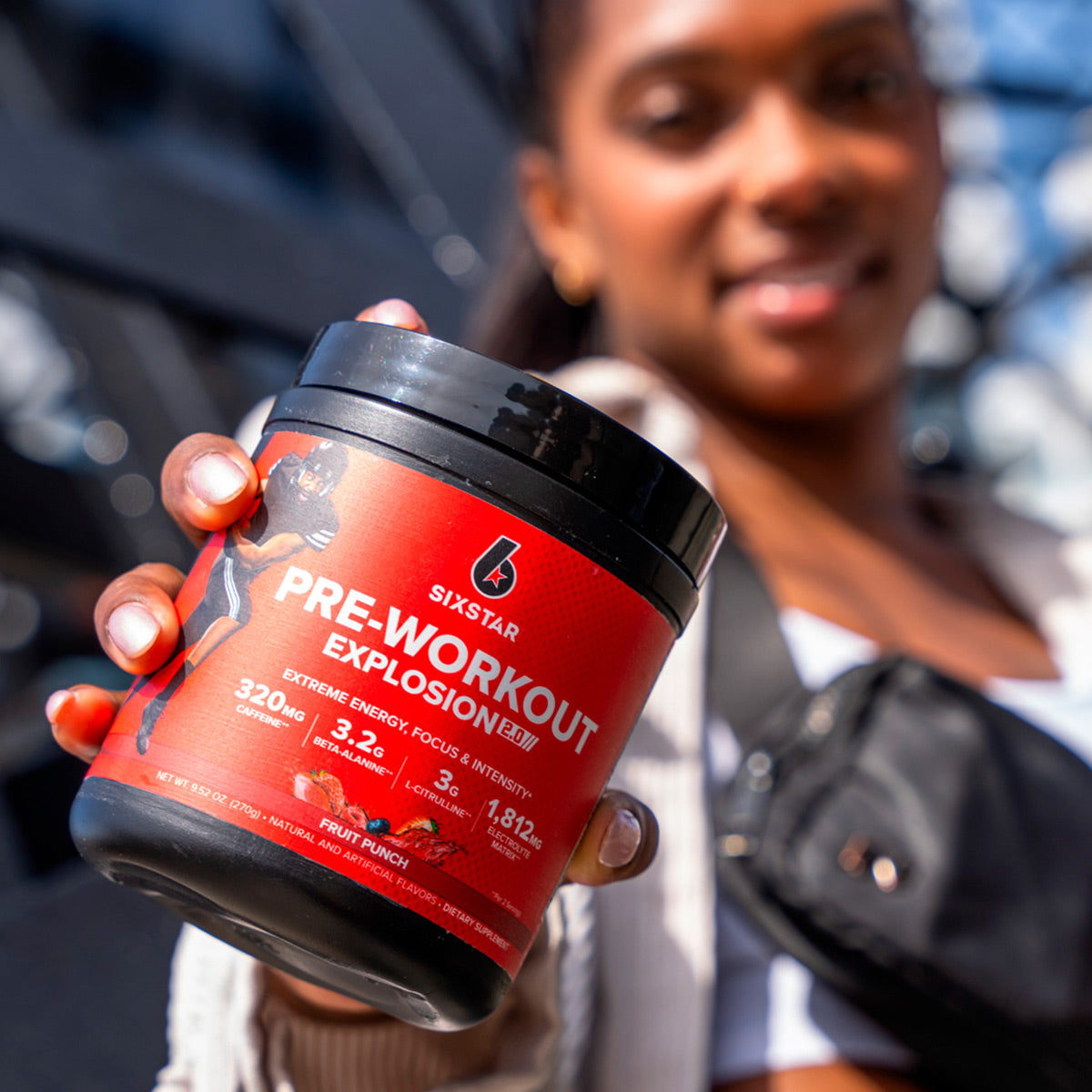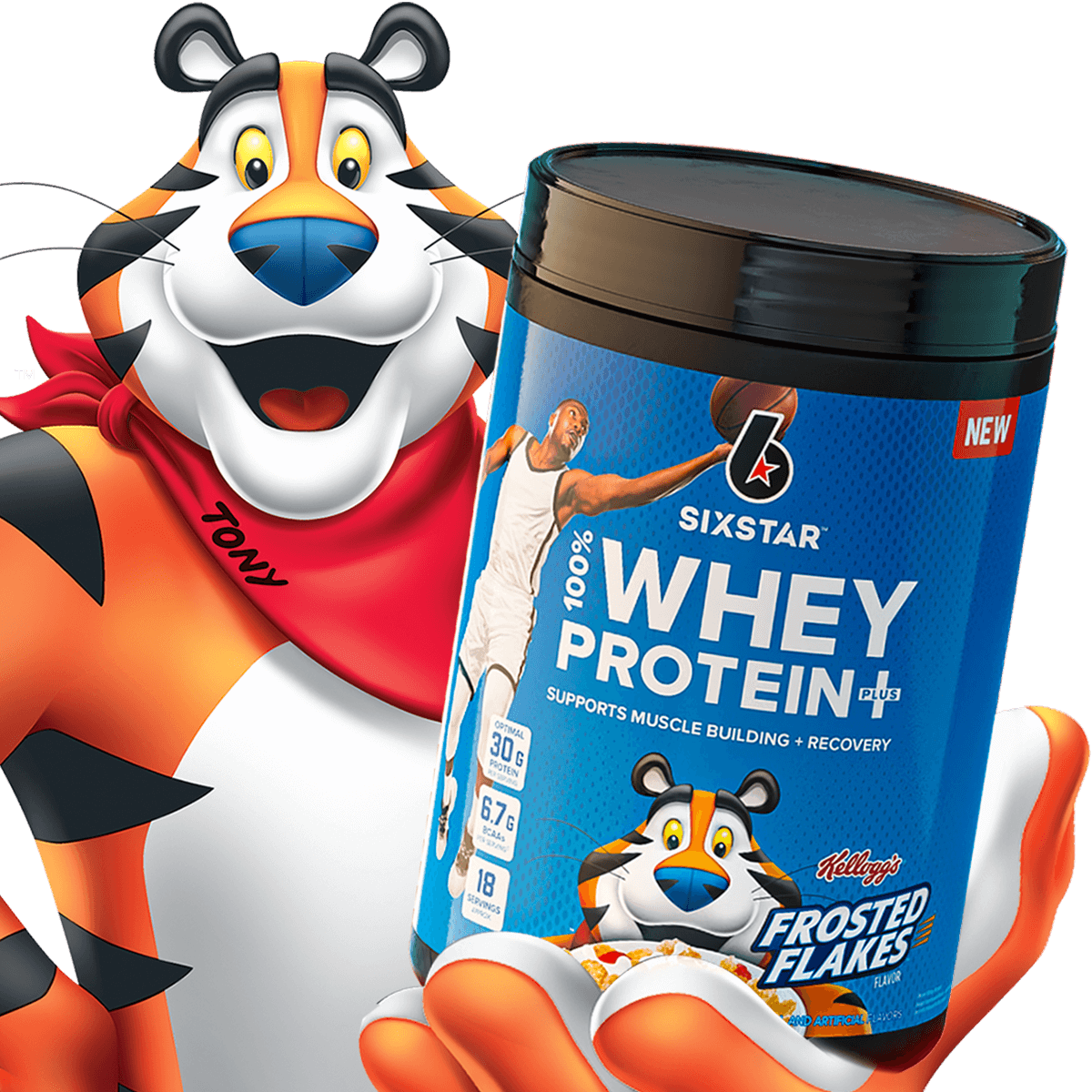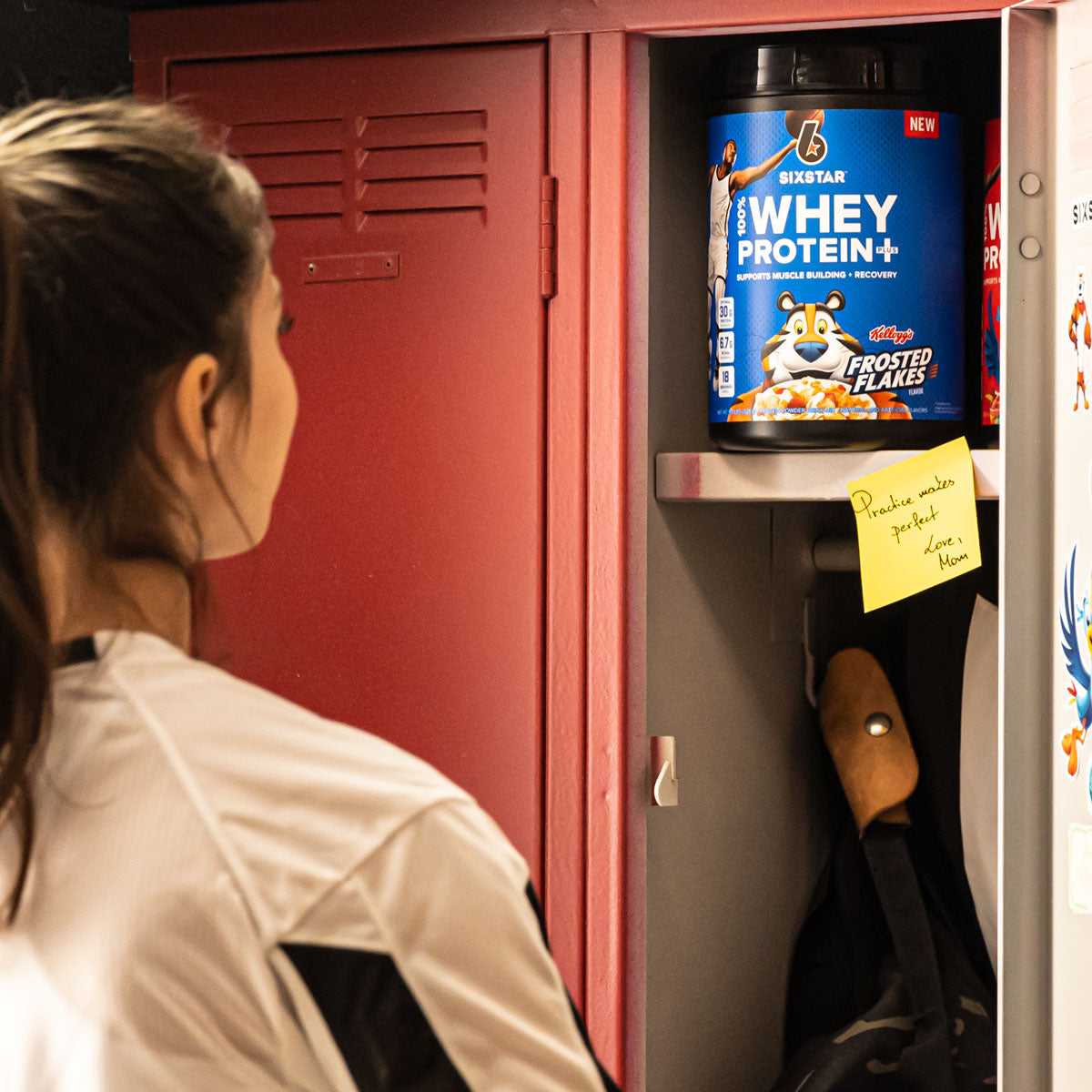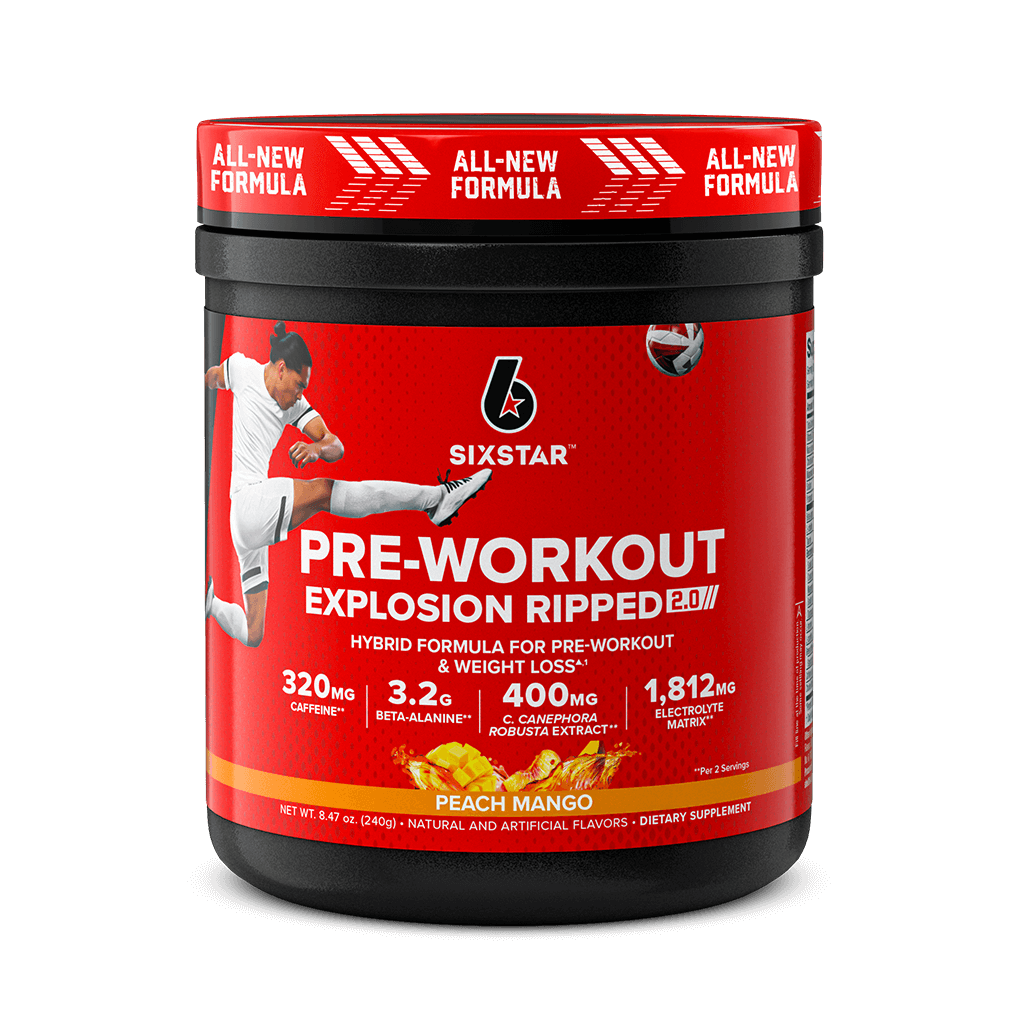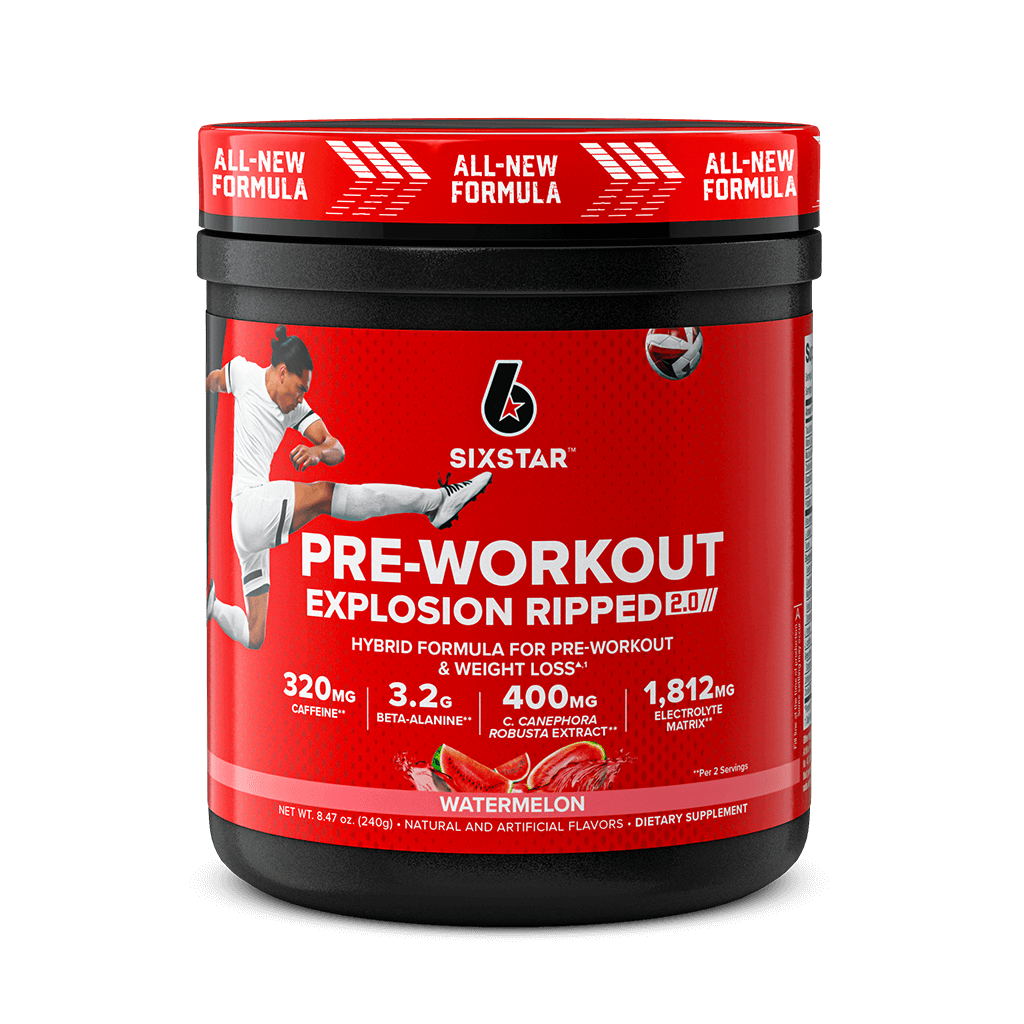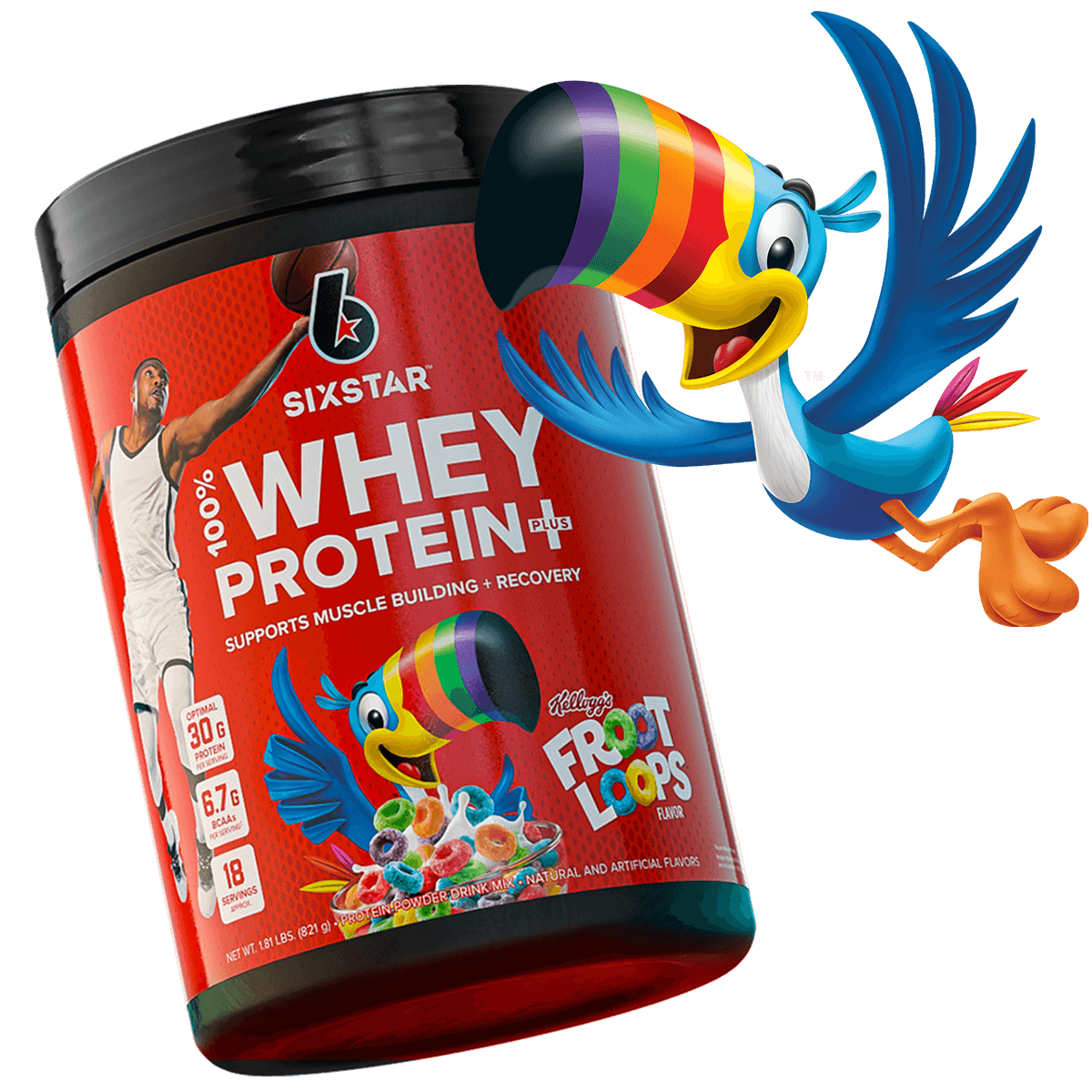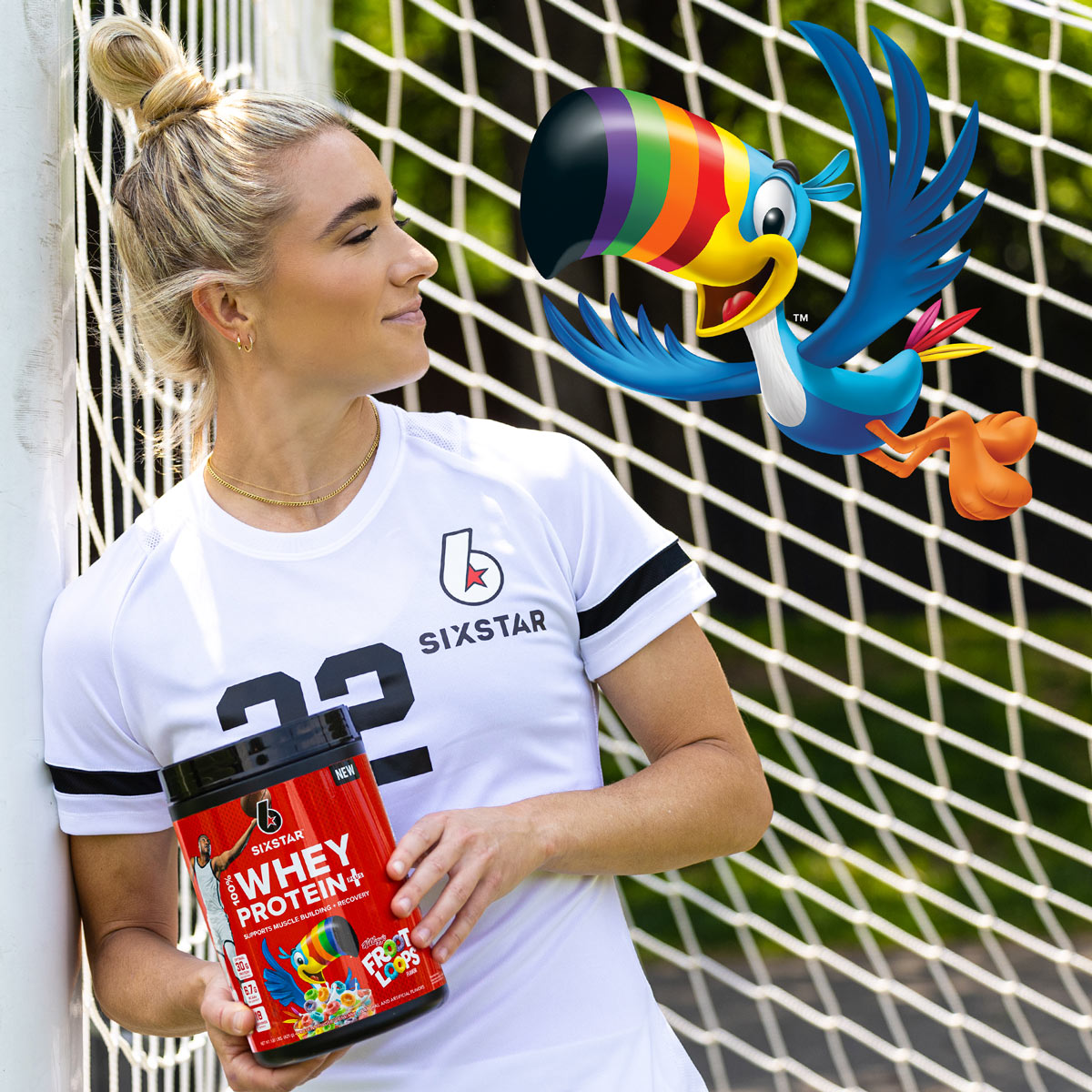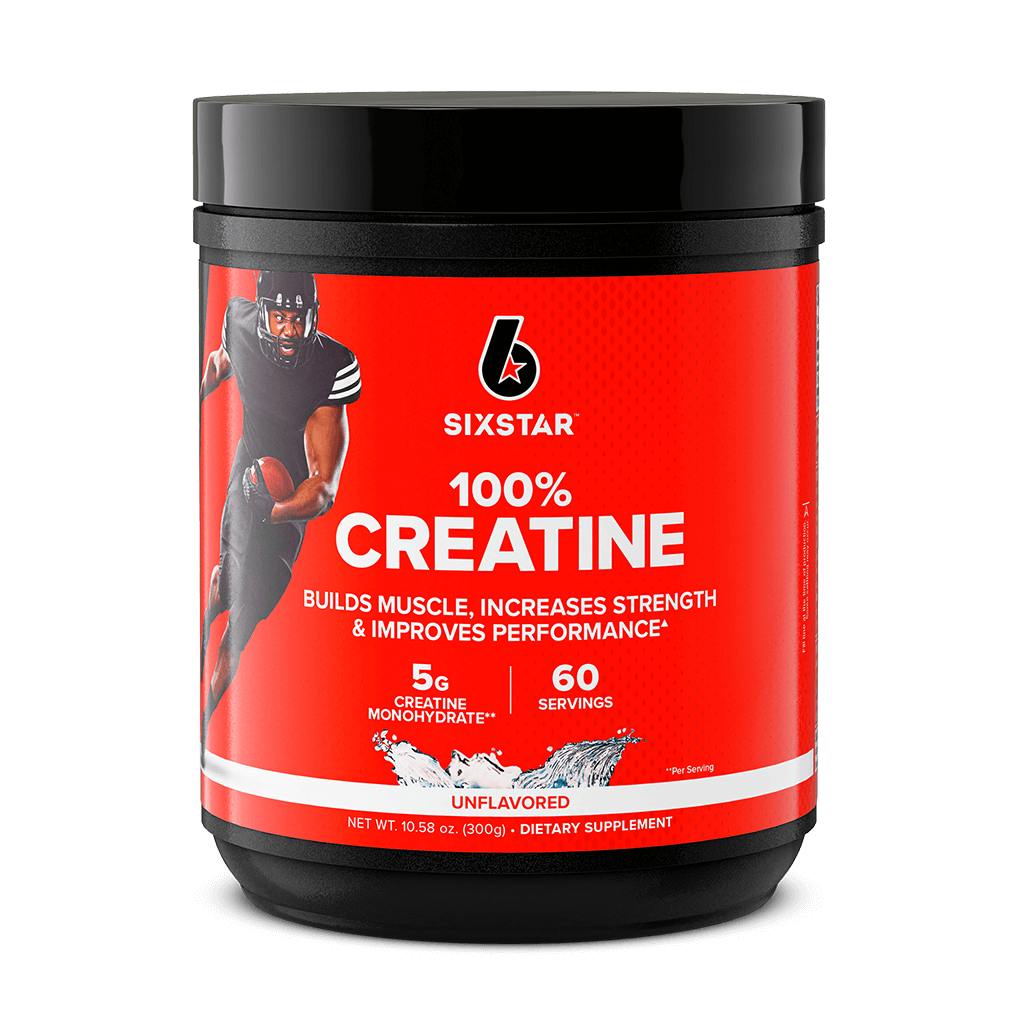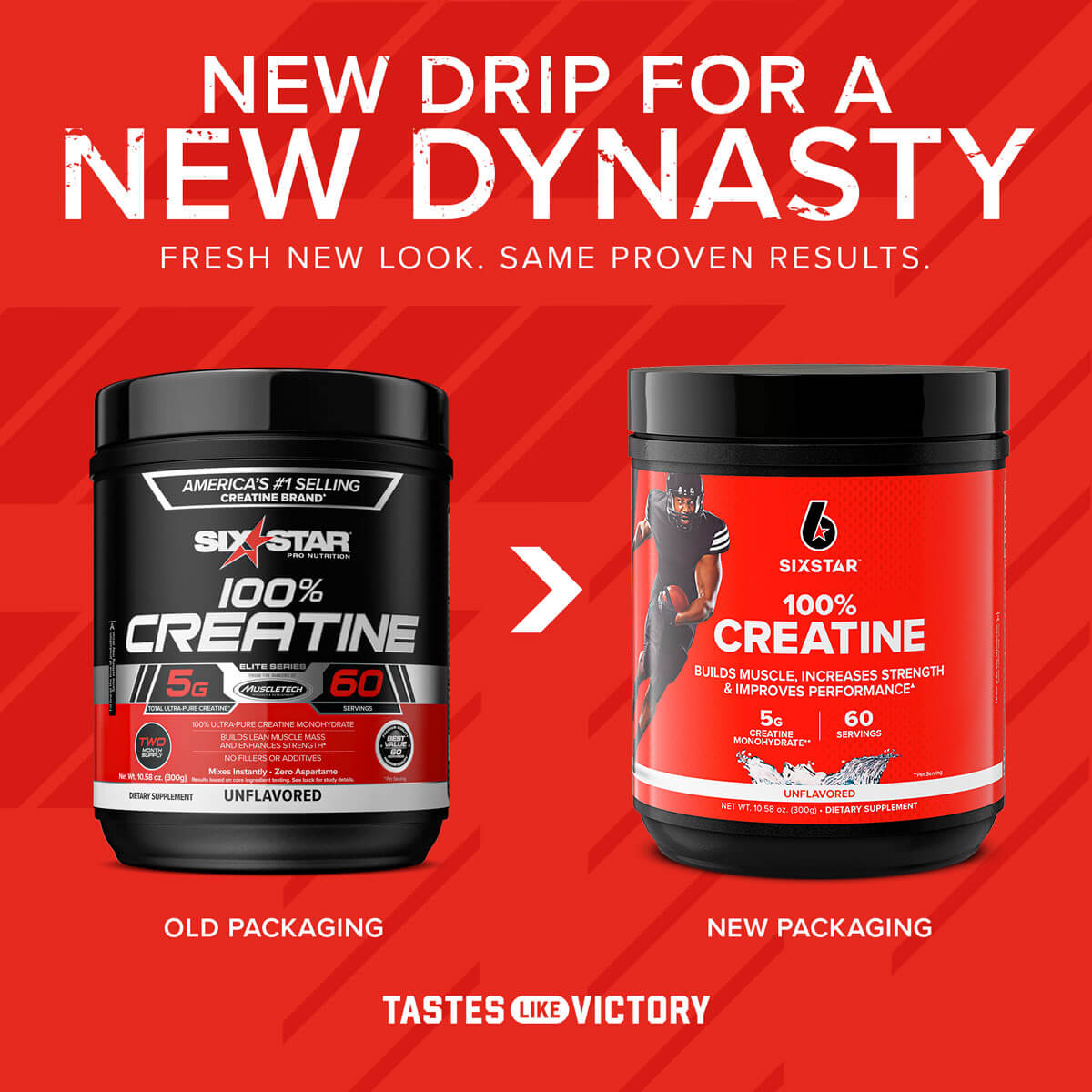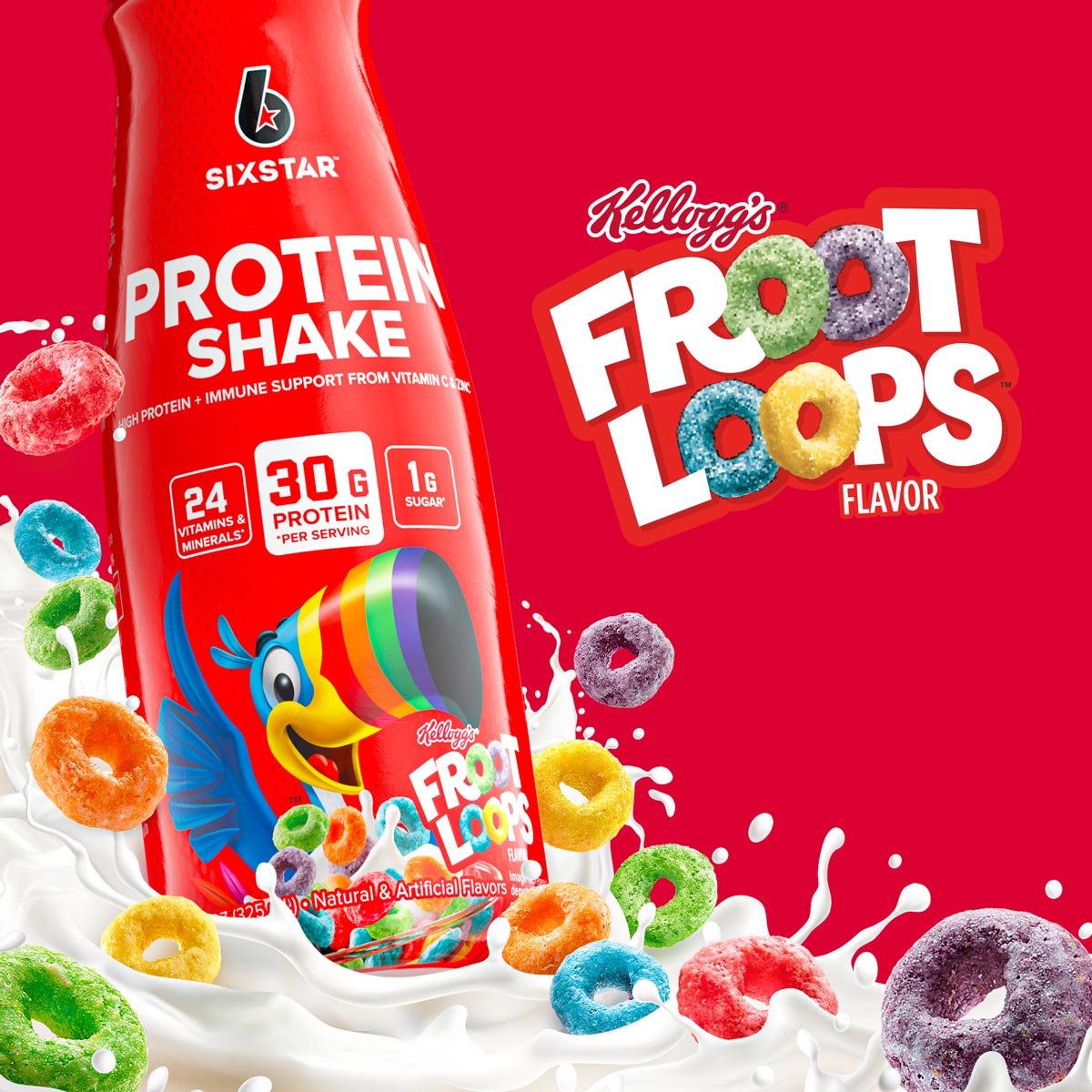In order to perform at a high level, athletes need to eat well since proper nutrition is essential for supporting an athlete’s general health and training needs.
The best professional athletes in the world know this, which is why they usually have their own personal chefs who are responsible for helping them achieve peak performance through what they eat and drink.
Unfortunately, most up-and-coming athletes can’t afford to hire a personal chef to feed and help them meet their nutritional needs. However, that doesn’t mean that budget-conscious athletes can’t create a healthy meal plan on their own. So, let’s take a look at how to create a healthy meal plan on an athlete’s budget.
Understanding The Main Components of an Athlete’s Diet
For the most part, an athlete’s diet isn’t that much different from people who are striving to be healthy. That said, athletes often require more calories and macronutrients in order to maintain strength and energy to compete at a high level.
An energy deficient diet, which creates an energy deficit during training, often leads to weight loss (including muscle mass), illness, and/or reductions in performance. Therefore, the first component to optimize training and performance through nutrition is to ensure that athletes are consuming enough calories to offset energy expenditure.
So, in order to balance food and activity, athletes should consume the proper amount of macronutrients – carbohydrates, proteins, and fats – in their diet.
Recreational athletes and weekend warriors who are engaged in a general fitness program can typically meet their macronutrient needs by consuming a normal diet consisting of 45% to 65% of calories from carbohydrates, 10% to 35% of calories from protein, and 20% to 35% of calories from fat.
However, athletes involved in moderate and high volume training need greater amounts of carbohydrates and proteins in their diet to meet macronutrient needs.
Then depending upon the type of sport that athletes play, the amount of training that they do, and the amount of time that they spend training, athletes may need to eat more or less of certain foods. For example, strength athletes tend to increase their protein intake, while endurance athletes usually increase the amount of carbohydrates that they eat.
Essential Foods (And Drinks) to Build Healthy, Budget-Friendly Meals For An Athlete
Best Budget-Friendly Complex Carbohydrates For Athletes
Carbohydrates are your body’s biggest source of calories. They’re also typically the preferred fuel source for many athletes. That’s because carbohydrates supply ample glycogen storage and blood glucose to fuel the demands of exercise, making carbs especially important for high intensity and long duration exercise.
For athletes, the majority of dietary carbohydrates should come from complex carbohydrates with a low to moderate glycemic index. While complex carbs take longer for your body to break down, they’re a better source of energy over time than simple carbs, which are easier for your body to break down. That said, athletes should not exclude simple carbs from their diets since they provide quick bursts of energy.
Good, Budget-Friendly Sources of Complex Carbs:
- Whole-grain bread
- Potatoes
- Brown rice
- Oatmeal
- Kidney beans
- Fiber-rich fruits such as apples, berries, and bananas
- Fiber-rich vegetables, including broccoli, leafy greens, and carrots
Good, Budget-Friendly Sources of Simple Carbs:
- Fruits
- Vegetables
- Milk
In terms of timing, athletes should have a complex carbohydrate-rich meal approximately an hour to two hours prior to training. And since simple carbs are important for faster glycogen replenishment after overnight fasting and intensive exercise, athletes should consume simple carbs shortly after waking up and within two hours after training.
Powerful Proteins for Athletes on a Budget
Protein plays an essential role in sports nutrition since it provides the body with the necessary amounts of amino acids to help build and repair muscles and tissues.
Research has indicated that athletes engaged in intense training need to ingest about two times the usual recommended daily allowance (RDA) of protein in their diet to maintain protein balance. These types of athletes should ideally consume protein every 2½ to 3 hours in portions of 30 to 40 grams for six to eight meals per day.
Best Sources Of Healthy, High Quality Protein For Athletes On A Budget:
- Lean meat and poultry, including light skinless chicken, turkey, and beef. (So, if you’re at a summer BBQ, go with those options instead of hot dogs, hamburgers, and sausages.)
- Eggs
- Dairy products such as skimmed milk (casein and whey)
- Nuts and seeds
- Beans
Best Sources Of High Quality Protein Found In Nutritional Supplements:
Also Read:Casein vs Whey Protein
When it comes to adding protein to an athlete’s diet, athletes who are not able to consume sufficient amounts of protein through their everyday diet can substitute individual food sources with protein drinks. Ingesting protein drinks following exercise may also lead to greater training adaptations and protein synthesis.
The best post-workout protein source is whey protein. However, prior to sleep, casein protein drinks are recommended because casein is slowly digested. Therefore, it provides steady nutrition to your body while you sleep.
And for the record, building muscle on a budget most definitely can include supplements. At three cents per gram of protein, Six Star offers one of the best protein values in America.
Healthy Fats For Budget-Conscious Athletes
Fat is an important part of an athlete’s diet since it’s a key fuel source. However, to reap the benefits of fat, athletes should eat mainly healthy fats. In fact, intake of mainly healthy fats is very important for good physiological functioning of every organism. So, make sure to consume unsaturated fats like olive oil and nuts over saturated and trans fats.
Best Sources Of Healthy Fats:
- ‘Fatty’ fishes such as salmon, tuna, and mackerel (However, if those options are too expensive, buy canned tuna instead)
- Avocados (Try to get them when they’re in season or on sale)
- Nuts and nut butters like peanut butter
- Olive oil
Whatever you do, do not replace carbs in your diet with fats because this can slow you down due to your body having to work harder to burn fat for energy.
Go-To Beverages For Athletes
It’s extremely important for athletes to stay hydrated, especially on game day. Since thirst is a sign of dehydration, don’t wait until you’re thirsty to drink water. Instead, try to drink water at least every 15 to 20 minutes during a game or a workout session since you lose fluid quickly when you sweat. However, don’t drink so much water that you feel full.
Also, avoid drinks that contain caffeine before a workout or a game since they can dehydrate you more and cause you to feel anxious or jittery.
General Meal Planning Tips For Athletes On A Tight Budget
1. Make a Grocery Shopping List Ahead Of Time
To keep yourself from spending money on food and drink items that you don’t need, make a meal planning grocery list before you head to the grocery store. Then stick to it!
2. Share The Cost With Your Teammates
Since your teammates can benefit from a healthy meal plan, as well, consider buying large portions (to get the most bang for your buck) and share the cost with your teammates. And don’t forget to use coupons when you go shopping!
3. Focus On Clean Eating
The basic tenet of clean eating is to eat less processed, refined foods and more whole foods. When it comes to healthy eating, it’s important to consume real, whole foods, eat more plant-based foods, and cut down on added sugar. Your meals should also be thoughtful, planned, and not rushed.
Buy Sports Nutrition & Supplements from SixStar
Read Our Top Read Blogs:
- What is Bulking Season and when does it Start?
- The Ultimate Workout Program to be an All-Round Athlete
- When to Take to Take BCAA? Maximizing Your Workouts, Enhancing Your Health
- Diet For Soccer Players: What, Why & When?

